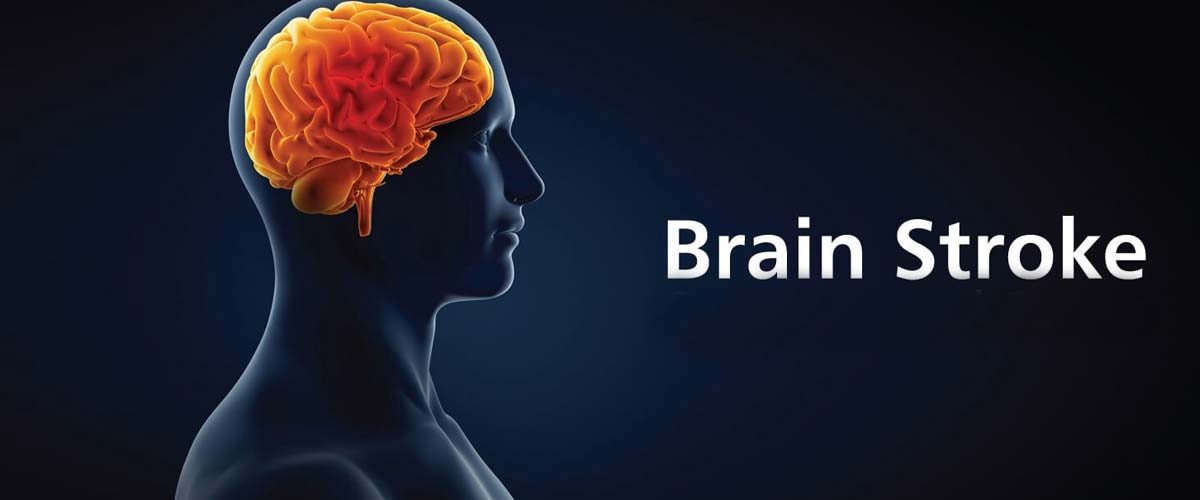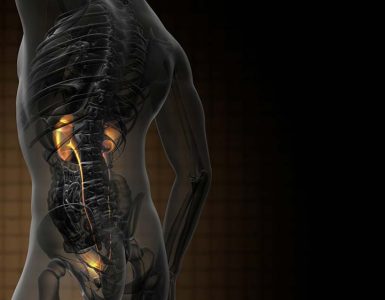Stroke is the second leading cause of death in mankind with a less known reason for its occurrence. According to the World Health Organization (WHO), stroke is a major deformity of cerebral function that is fetal in nature while vascular origin is the only known cause of this illness. The impact of stroke on the human body depends upon the duration of a stroke, affected brain area, and the function it performs. Therefore, it is a major cause of disability and neurological disorder in adults that require hospitalization. So it’s the need of time to find a more precise therapeutic way for sustainable and effective prevention policy to manage this disease.
Hemorrhagic stroke (ICH) and ischemic stroke (DALYs) are the major types of strokes. Certain known factors are responsible for this, including diabetes, high blood pressure, obesity, prolonged mental stress, and certain genetic factors. Hyperuricemia is defined as a medical condition with increase uric acid in the body serving as a useful marker of cardiovascular risk because of metabolic anomalies it can cause.
Haptoglobin (Hp) gene is among the most researched molecular markers, and its genetic polymorphism is mainly linked with three isoforms. The differences between the different Hp genotypes impose a major impact on a large number of diseases, especially cardiovascular and auto-immune diseases.
A team of Senegal researchers under the supervision of Moustapha Djite conducted research that is recently published in the American Journal of Biochemistry and Molecular Biology. They investigated the protective role of Hp gene polymorphism against stroke. They further investigated hyperuricemia as an associated risk factor of stroke.
They concluded that Hp2-2 genotype and Hp2 allele were closely linked with the stroke, while hyperuricemia is a possible cause of stroke in the patients and more common in subjects with Hp2-2 genotype with a rate of 46.66% of patients. These 2 independent risk factors seem to increase the risk of cardiovascular diseases in the patient. In addition, both types of stroke showed a higher frequency of DALYs with a rate of 60.87% of the population.
MacKellar and Vigerust also confirmed that genotype subjects are at a higher risk of infectious and renal diseases, neurological disorders, along with cardiovascular complications such as myocardial infarction or stroke. Richette and Bardin stipulated a link between hyperuricemia and cardiovascular events, along with other metabolic abnormalities.
Further studies are required to find the more precise genetic association between the involved factors in stroke and generally in cardiovascular disease occurrence.
















Add comment